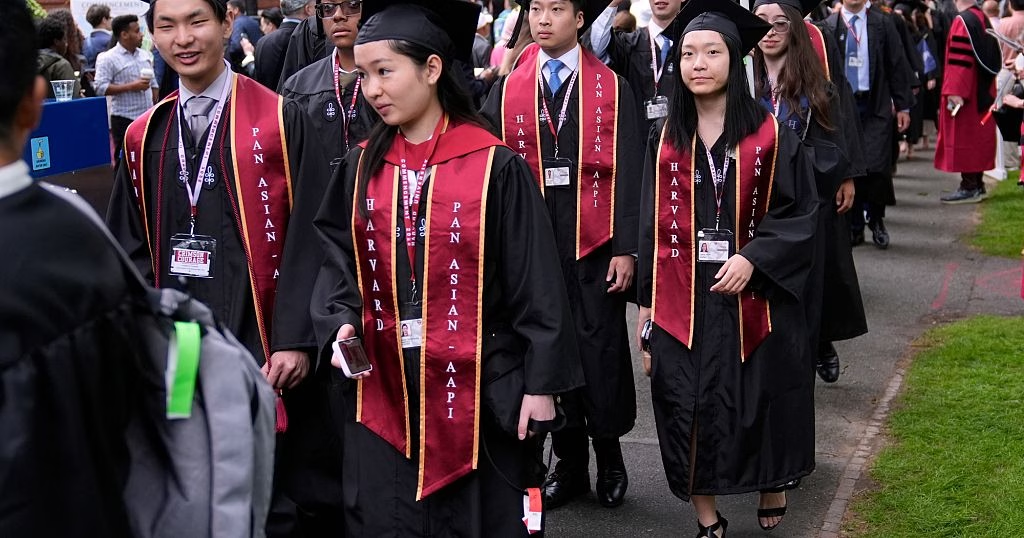Breaking News: US Judge Extends Order Blocking Trump Administration’s Ban on International Students at Harvard
In a significant development, a federal judge in the United States has extended a temporary restraining order, effectively blocking the Trump administration’s efforts to bar Harvard University from enrolling international students. This move comes after a heated battle between the administration and the prestigious university, with far-reaching implications for higher education and international relations.
At the heart of the controversy is the Trump administration’s decision to revoke Harvard’s certification under the Student and Exchange Visitor Program, which would have prevented the university from enrolling international students. However, Harvard quickly filed a lawsuit against the administration, arguing that the move was unjustified and would cause irreparable harm to the university and its students. Judge Allison Burroughs, who presided over the case, issued a temporary restraining order on May 23, requiring the status quo to be maintained until a hearing could be held.
In a surprising turn of events, the US Justice Department submitted a notice to the court before the hearing, offering Harvard 30 days to contest the policy. This move has been seen as a shift in the administration’s hardline stance on the issue, potentially indicating a willingness to negotiate. However, the administration continues to exert pressure on Harvard, with President Trump demanding that the university limit the proportion of foreign students to 15% and submit a list of its international students.
The Trump administration’s actions against Harvard are part of a broader pattern of targeting elite universities, which are perceived as strongholds of liberal or Democratic ideologies. The administration has previously frozen billions of dollars in funds to Harvard, threatened to revoke its tax-exempt status, and launched multiple investigations into the university. This has led to widespread criticism, with many arguing that the administration is attempting to exert undue influence over institutions of higher learning.
The extended temporary restraining order is a significant victory for Harvard and international students, who were facing uncertainty and potential disruption to their studies. As the case continues to unfold, it is clear that the outcome will have far-reaching implications for the future of international education and the relationship between the US government and its universities. With the global community watching, one thing is certain: the fight for academic freedom and international cooperation is far from over.
